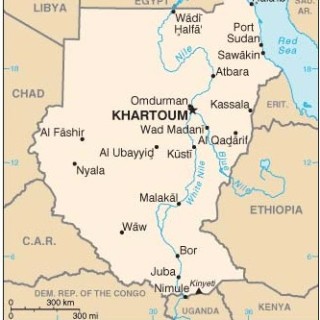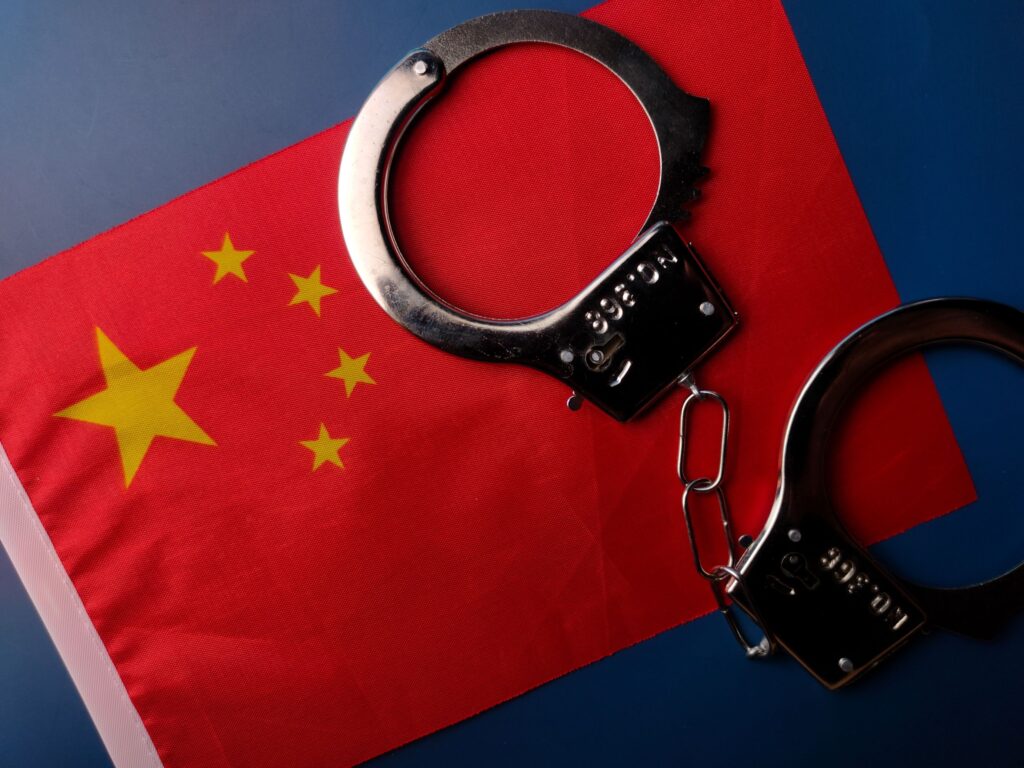The COVID-19 crisis poses huge challenges to human rights and the rule of law. The pandemic also affects lawyers all around the world in their daily professional activities, which causes a great impact on the legal profession. Lawyers for Lawyers has created a COVID-19 series to provide insight into the effect of the COVID-19 crisis on lawyers all around the world.
The first article in this COVID-19 series covers the insights shared with Lawyers for Lawyers by Justus Ijeoma, a Nigerian human rights lawyer and the executive director of the International Human Rights and Equity Defense Foundation (I-REF). His work especially focuses on police violence. By providing free legal services and advice his organization aims to improve the access to justice of the population and the public accountability.
“The Covid-19 Pandemic is a crisis that came upon the world unanticipated, and so it caught up with many unprepared and scampering for what could be an appropriate response to the situation. That, I think, is the situation with almost all the sectors of human endeavors in Africa. We are not insulated from that unpleasant scenario.
The pandemic has impacted heavily on our work in many ways. Take, for example, the issue of ‘working from home’. This is almost completely alien to us here, but I know it’s been a normal and common practice in other places like the Netherlands, even long before the pandemic.
You can imagine, for a legal system where even the filing of court processes must be done in person and where court proceedings have always been done in person, for such a system to observe a total lockdown that is foisted on it abruptly, makes our work as lawyers very difficult.
For us, who often engage with police officers and the authorities in the course of intervening for victims of human rights violations, the e-contacts of such officials are shrouded in high secrecy. Engagements have to be done by contact in person or by writing letters, which again must be delivered physically, either personally or by currier. Such engagements are heavily impacted in an era of total lockdown.
This is further exacerbated by the fact that many of the beneficiaries of our work are the poor and vulnerable, who most times do not have access to the internet. The reports such people bring to us is by physical means or at best by phone calls.
Furthermore, the challenge of complying with the lockdown are weighing heavily on part of the population. In an economy where the majority of the people are living hand-to-mouth, depending on their daily income to feed themselves each day again, people are bound to breach the lockdown. When they do, they are assailed by hinder. Particularly where there is the government is not present, palliatives are extended to the population to cushion the hunger.
Now, the higher the number of people breaching the lockdown rules, albeit driven by hunger, the higher the incidence of human rights violations resulting from enforcing COVID-19 sanctions. This has a way of cascading into pressure on our work as human rights lawyers.
Even with the recent relaxation of the lockdown, there’s still ban on interstate travel here. This reduces our ability to carry on with our work in other states where our services could be needed.”





